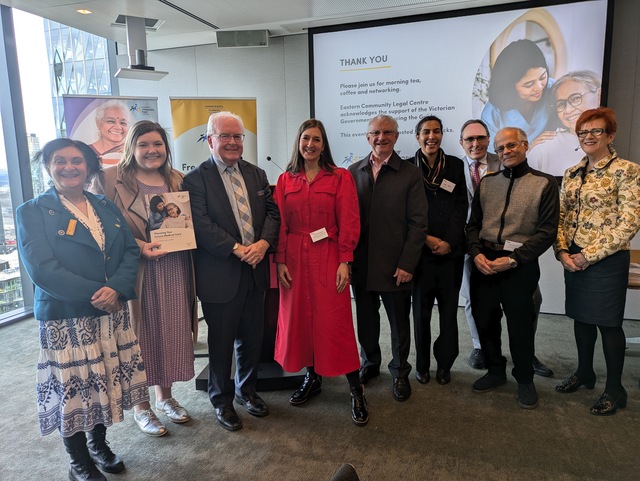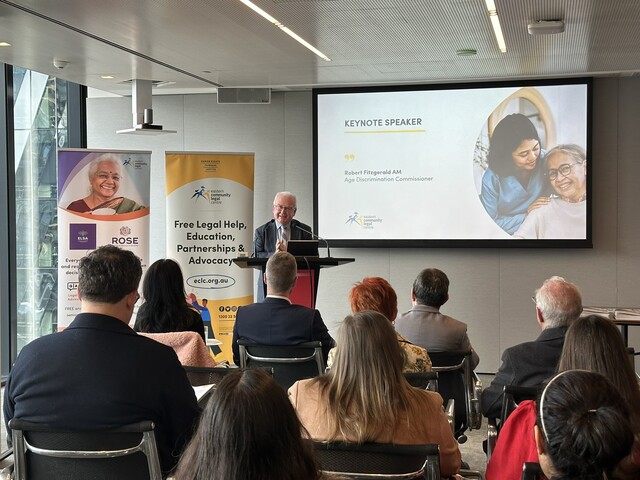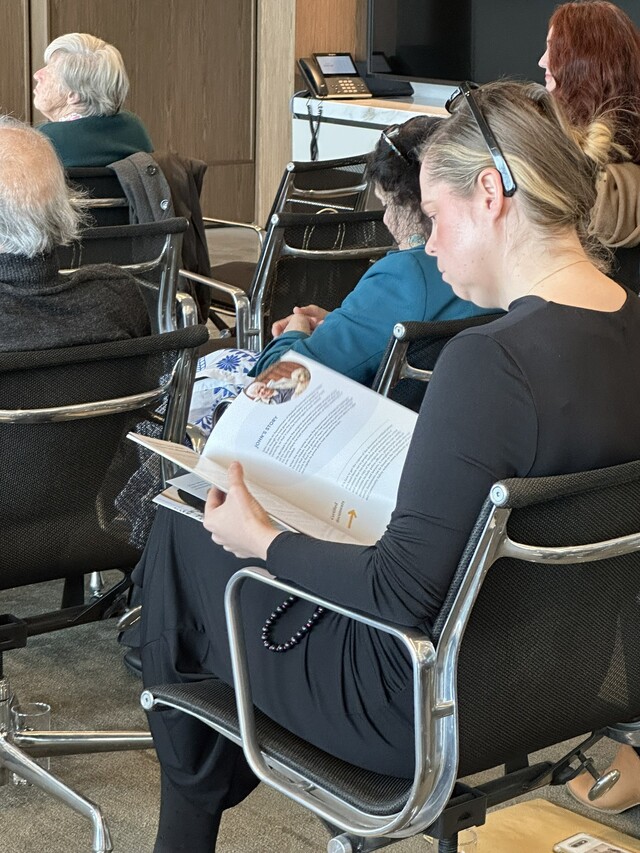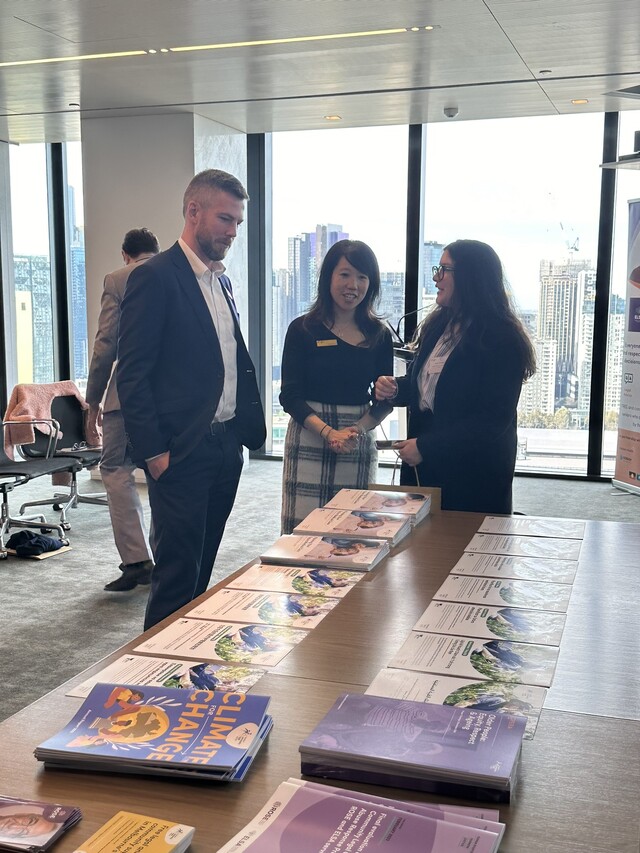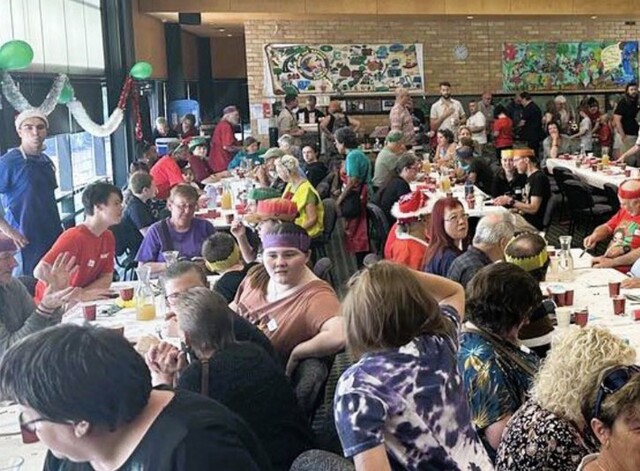Planning for future medical needs with an empowered and positive outlook is the premise of a newly launched guide from Eastern Community Legal Centre (ECLC).
The resource, produced with funding from the State Government, is a comprehensive first-step information booklet on how to appoint a medical treatment decision maker, creating an advance care directive and how to approach conversations with loved ones.
ECLC legal services director and principal lawyer Belinda Lo said this document was about helping people “make informed decisions” and allowing them to “still have control over decisions” when they are unwell.
“What we know from our work in the space of elder abuse prevention and elder abuse response is that the less you’re able to make your views known whilst you are healthy and well, the less control you have over what happens to you, of course, when you are ailing,” she said.
“It’s also really difficult for family members to know how to make decisions for you because you haven’t had those discussions with them or family and loved ones will argue about the best healthcare for you without having your views taken into account as well.”
Compiling the step-by-step process of how to put these processes in place, Ms Lo said came from ECLC’s understanding that there wasn’t much information for people to access on this topic.
This too was evident in many of the consultations former Commissioner for Senior Victorians Gerard Mansour had with older people and was a driving force behind the guide.
“He identified from all his consultations that it was really important to help people, particularly older people, understand what their rights were when appointing medical treatment decision makers and making advanced care directives, because it’s important to have your views heard and respected and followed, no matter what stage of life,” Ms Lo said.
“You’re also more likely to mitigate any sort of exploitation when and if you do lose capacity as you age…It’s all just about trying to be as prepared and empowered as possible.”
Unfortunately, Ms Lo said in many cases of elder abuse, medical mistreatment is a contributing factor, which might be compounded by financial abuse or another form of abuse.
Often, Ms Lo said, this appears as not ensuring the elderly person is receiving the right medication or inappropriate dispensing of medication, as well as “a form of neglect” by not taking that person to GP or specialist appointments.
“It’s one of the behaviors we see as a perpetration of elder abuse. We still see financial elder abuse as the biggest form of elder abuse that’s impacting our clients and community.
“It wouldn’t be surprising to me and I don’t mean this in a trite way, but if the older person also has medical needs and there’s already financial abuse occurring, there is a likelihood that taking away medical care or neglecting medical care is going to feature as well.”
Although targeted to older people, Ms Lo said this kind of planning could be applied to any adult who’s ready to have these discussions.
“It’s important for any adult who feels that they’re able to turn their mind to this, to really think about it, particularly for adults who might have medical conditions and who are very educated about conditions.
“Who knows what treatment they may want in certain circumstances and what treatment they definitely do not want in certain circumstances, to be able to appoint a medical treatment decision maker, and then make an advanced care directive for those circumstances as well.”
Advanced care directives can be updated, superseding the previous directive, should the status of someone’s health change.
Ms Lo said while the legal documents themselves are integral, equally as important are the conversations with loved ones, despite the uncomfortableness.
“It’s a hard and sensitive thing to discuss. We don’t want to talk about our mortality because that means we’re discussing with our loved ones when we won’t be well or when we’re close to dying.
“But also, having the conversation with family members who you love very much and who you get along with, they might say to you, ‘actually, I don’t think I can do this’ or ‘I think this will put too much stress on me and upset me too much’.
“It’s important you hear that so then you can choose the right person for you.”
Ms Lo said there is also no obligation to choose a family member if the relationship is not steady, with a close friend also an option.
Seeking advice from a lawyer is recommended when producing these documents.
The guide can be downloaded from ECLC’s website here, eclc.org.au/what-we-do/partnerships-and-projects/elder-abuse/futuremedicalcare/
Or a hard copy booklet can be accessed from one of ECLC’s offices in Box Hill, Boronia or Healesville.

